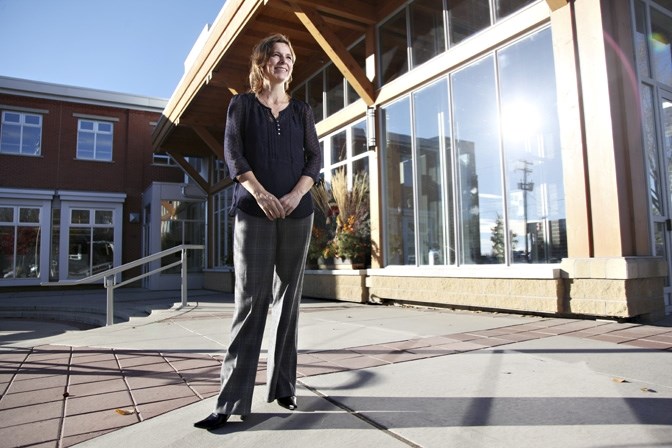A higher than expected provincial education tax requisition will drive up property tax bills in Okotoks this spring.
The education funding assessment for Okotoks conducted by the provincial government resulted in a 10 per cent increase on the Town’s share of education property taxes, from $12.5 million in 2016 to $13.7 million. It will cost the typical single-family homeowner in Okotoks an additional $113 per year on their tax bill, rising to $1,266 on the typical home, from $1,153 in 2016.
This comes after Town council approved a 1.7 per cent increase to the municipal potion of the 2017 property taxes in Dec. 12, which would have seen taxes on the typical home rise about $38 per year.
Okotoks Coun. Ken Heemeryck, chairperson of the Town’s finance and budget committee, said the significant increase to provincial education amounts is a blow to the Town and its residents.
“The education requisition comes out right when our municipal taxes come out, and we have to collect it and remit to the Province,” he said. “We don’t have a choice, we have to collect that on behalf of the Province.”
Heemeryck said it’s unfortunate municipalities are forced to become tax collectors for the provincial government. It puts municipal governments in a tough spot, he added.
“We’d rather just have the Province collect their own taxes and leave the municipality out of it,” said Heemeryck. “What it will feel like to the taxpayer is that the municipality is re-taxing them again, when really we’re just the tax collection agency for the Province.”
Coun. Tanya Thorn agreed, saying it’s not right for provincial tax bills to come out under the Town’s heading.
“Our municipal staff has to deal with the complaints and the frustration, all of those thing, which are completely justified,” she said. “It’s hard to explain to someone when they get a bill that says Town of Okotoks on it that only this portion is going to us, and this other portion is what they’re paying the Province.”
In 2014, the Alberta Urban Municipalities Association (AUMA) passed a resolution calling on the Province to not require municipalities to collect taxes on behalf of the Province. Thorn, an AUMA board member, said the resolution really hasn’t gone anywhere.
She said the issue will likely resurface in the coming months, but there is no indication the provincial government is interested in changing the process at this time.
“I expect this conversation is going to definitely be talked about a whole lot more,” said Thorn. “I’d be surprised if it’s not on an agenda in my near future for the AUMA board.”
Okotoks isn’t the only town seeing such a large increase, she said, so other municipalities will likely be ready to see the issue come forward again.
The issue extends beyond increasing the provincial portion of property tax bills, she said. The Town is on the hook for $13.7 million no matter how many people end up paying.
“If we had somebody who doesn’t pay their taxes or is in arrears on their taxes or behind on their taxes, we can’t be behind on our payment to [the Province],” said Thorn. “That’s my other issue with the fact we collect on behalf of them – we’re fronting the money in a sense, and it’s just wrong. It’s wrong.”
Though she said she doesn’t know how to resolve the issue, Thorn said there’s got to be a better way to pay for education amounts than applying it to the property tax bills.
She said education funding should not be tied to the assessed value of people’s homes.
“What does the value of your property have anything to do with what the education system costs?” said Thorn. “It doesn’t matter if we’re booming or we’re in a recession, you still need to deliver the same quality of education.
“I don’t know what that solution is, but I think having another level of government collect this tax on your behalf under our billing heading doesn’t make sense, and tying it to property assessment doesn’t make sense.”




